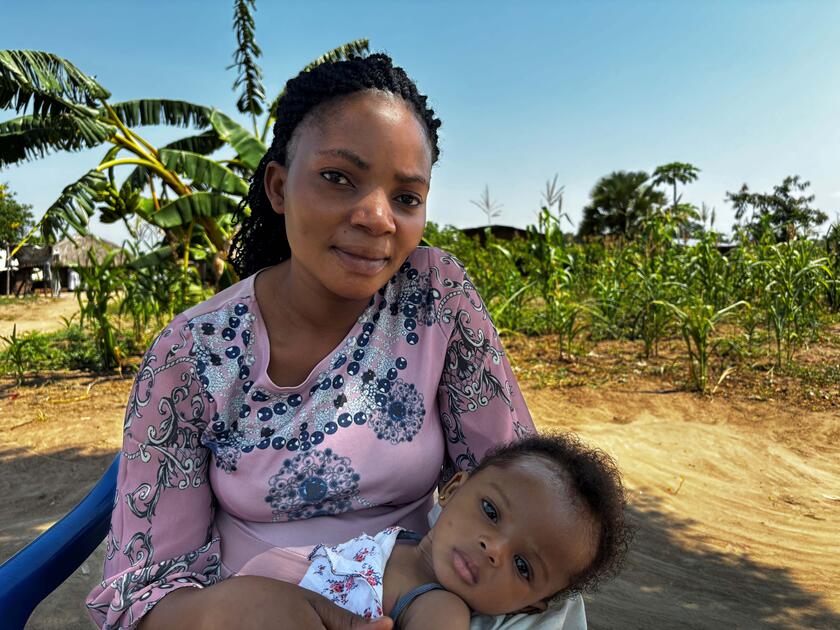Health and Support for Mothers in Need

Project:
Improving maternal health through comprehensive, integrated access to livelihood, maternal, mental and psychosocial support
Project area:
Rhino Camp Settlement, Uganda
Period:
July 2024 - July 2025
Partner:
The Transcultural Psychosocial Organization (TPO)
Funding by:
Aktion Deutschland hilft e.V.
Target group:
The target group of the project are women of reproductive age, children under 5 and other vulnerable women including women living with disabilities and survivors of gender based violence (GBV).
What it is about:
Uganda has welcomed more than 1.5 million refugees in recent years, mainly from the Democratic Republic of the Congo and South Sudan. Helping neighbors in need and taking in refugees in their own villages and communities is the official policy of the government of Uganda. Over 80 percent of the refugees are women and children. The majority of South Sudanese refugees find shelter in the “Rhino Camp” in northern Uganda. The refugees live in small settlements within the host communities.
The “Mothers in Need” project takes place in various settlements and is focused on teenagers and young mothers, women of a reproductive age and women with disabilities. Life is not easy for women, who have to ensure the survival of their families and take care of everything. Traumatic experiences on the move, especially experiences of violence, but also domestic violence, conflicts, stigmatization, difficult economic conditions (poverty, unemployment and constant food insecurity) and health problems (poor nutrition and hygiene or infectious diseases) stress and burden many women. However, there is no place for them to process or even reduce this. The project will give women access to psychosocial and medical help. Another aspect is the prevention and care of pregnant women and young mothers.
Together with our local partner organization TPO Uganda (Transcultural Psychosocial Organization), who has years of extensive experience in the field of psychosocial care, Johanniter will work with 35 women's groups. In the groups, the women find a place to talk together about their experiences and to process them. In training courses, they learn about hygiene and health measures and are trained to develop their own business ideas and receive support (including small financial support) to implement them so that they can become self-employed and generate their own income.